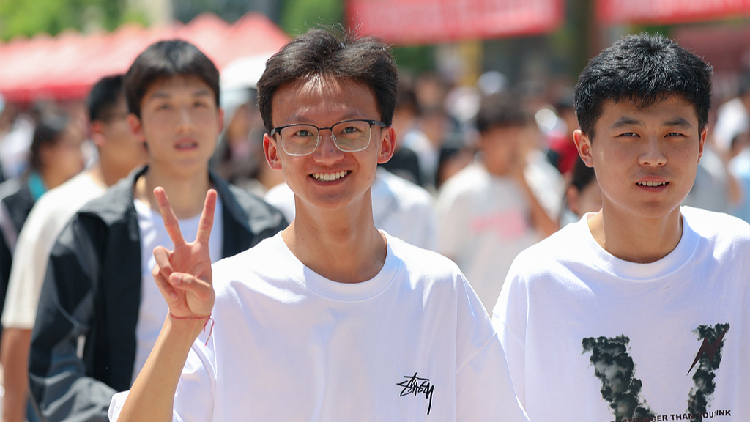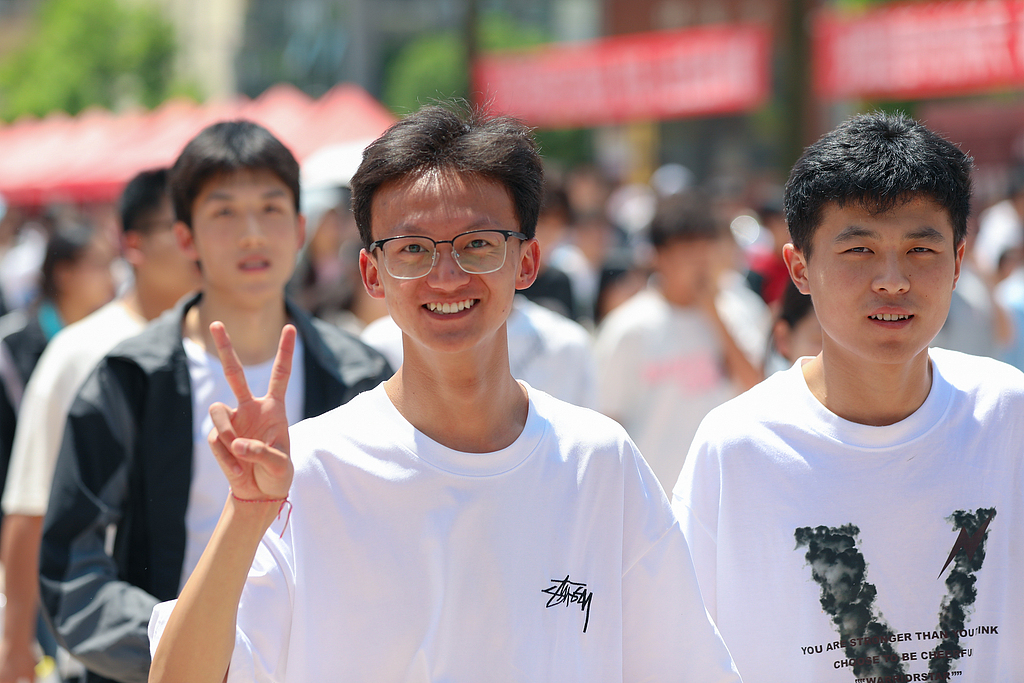Gaokao 2024 Kicks Off in China with Over 13.3 Million Students Competing in the Nation's Largest College Entrance Exam
China's Gaokao kicks off today, with over 13.3 million students battling for college admission.


The annual Chinese national college entrance examination, widely known as the gaokao, commenced across China this week, with over 13.35 million candidates sitting for what is considered one of the world’s most challenging standardized exams. The scale of this year's examination marks a new record, reflecting the increasing number of high school graduates and underscoring the continuing importance of higher education in China.
Speaking from Taiyuan in Shanxi Province during a school inspection, Vice Premier Ding Xuexiang underlined the immense significance of the gaokao, describing it as “crucial for national development and the future of families.” As a member of the Standing Committee of the Political Bureau of the Communist Party of China Central Committee, Ding stressed that authorities should uphold fairness as the “lifeline” of examination reforms and administration. He emphasized the need for rigorous security of test papers, robust anti-cheating measures, and compassionate support to help students navigate the high-stress environment.
As students entered exam sites nationwide, they were met with a combination of high-tech vigilance and considerate public services designed to ensure both fairness and well-being. The Ministry of Education recently announced enhanced security protocols, including stricter identity and device checks, radio signal blocking at all venues, and expanded deployment of intelligent surveillance systems. These upgrades reflect the country’s ongoing commitment to maintaining the integrity of the gaokao in the digital age.
In several provinces, artificial intelligence (AI) is now playing a prominent role. In Benxi City, Liaoning Province, every examination room is equipped with a real-time AI surveillance system capable of automatically flagging irregular behavior such as whispering or repeated glances between students, as well as inattentiveness among proctors. Similar AI-driven monitoring has been rolled out in Jiangxi, Hubei, and Guangdong, allowing for instant behavioral analysis and rapid alerts to maintain discipline and prevent academic dishonesty.
Municipal governments and local organizations have also mobilized to create a quiet, supportive environment for examinees. In Anhui Province, the local opera theatre suspended all performances to minimize noise around exam venues, while cultural activities in Jiangsu, Fujian, and Henan were postponed for the same reason. Libraries, museums, sports venues, and other popular public spaces have been temporarily closed or had their hours adjusted to reduce distractions.
To limit potential delays and ensure students arrive on time, cities have enacted tailored measures including delaying government and business office start hours, encouraging carpooling and public transit, and deploying traffic police to establish priority lanes. In Benxi, a unique "gaokao free ride" taxi program allows students to secure complimentary transportation simply by showing their exam admission pass, either through advance booking or by hailing marked vehicles on the street.
As the two-day exam period unfolds, families, educators, and public officials across China are united in their hopes and efforts to see students succeed. With an eye toward both technological vigilance and human care, this year's gaokao is a powerful demonstration of China's commitment to educational fairness and opportunity, even as competition for coveted university spots grows fiercer each year.




